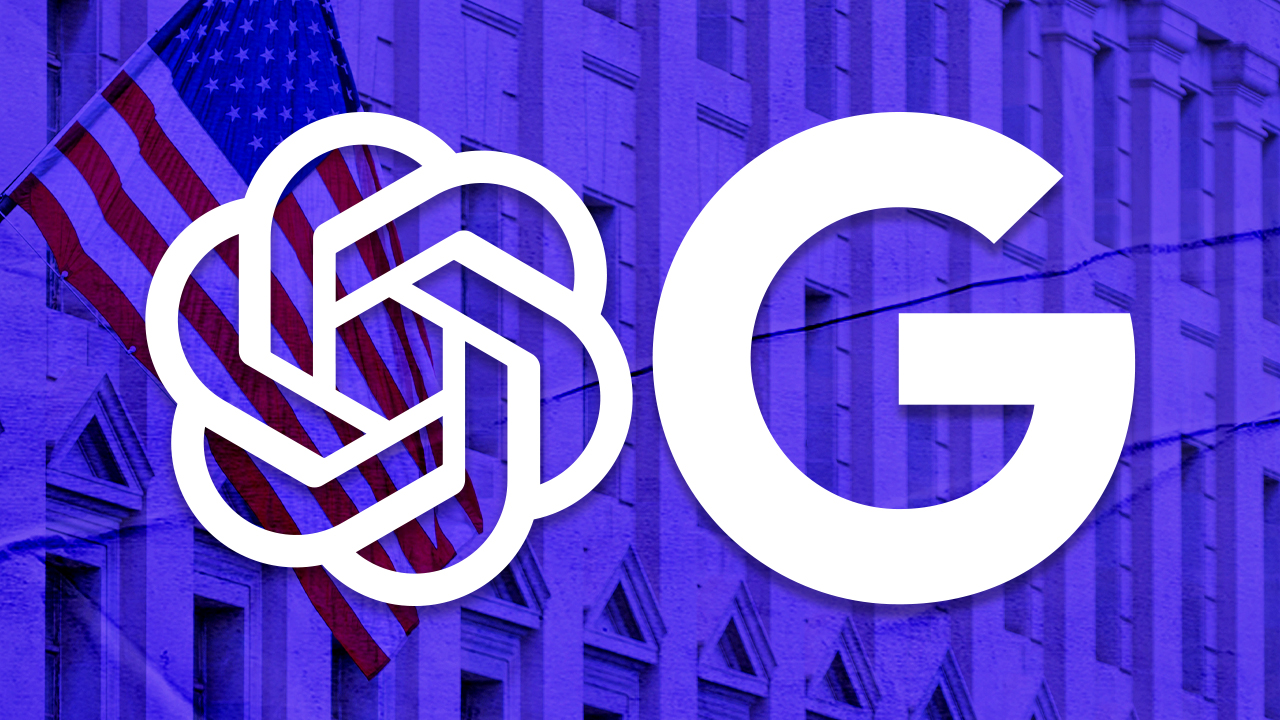
Responding to the U.S. Government's AI Action Plan the two major players have called for agile regulatory frameworks to balance AI innovation with risk management.
Both companies advocate for a new fair use exception in copyright law to support AI development and reduce legal uncertainties.
OpenAI and Google have offered a coordinated set of recommendations in response to the U.S. Government’s AI Action Plan, urging policymakers to focus on agile regulatory frameworks that balance innovation with risk management.
Call for more government investment: In a blog post outlining its proposals, OpenAI emphasized its preference for “narrowly tailored regulations” and a focus on accelerating AI development in key sectors such as health care, education, and national security. The company also called for more government investment in AI research and infrastructure to ensure U.S. leadership in the global AI race.
Oversight, but minimal red tape: OpenAI has reportedly been actively lobbying the Trump administration to avoid heavy-handed regulations that could hinder the pace of AI advancement. OpenAI CEO Sam Altman is said to have emphasized the importance of allowing the technology to evolve quickly while using government oversight to manage “catastrophic risks.” Altman stressed the need for performance-based standards over rigid rulemaking, warning that excessive red tape could cause the U.S. to fall behind rivals like China.
Copyright challenges: Both OpenAI and Google have also voiced strong opinions on copyright law reform, advocating for a new fair use exception tailored for generative AI. In a joint proposal, the companies argue that copyright uncertainty threatens to stifle innovation and that a clearly defined legal carve-out would allow developers to train models more confidently. They suggest such an exception would align with the spirit of existing copyright law while enabling responsible AI advancement.
Addressing IP issues: In their proposals, the companies further encouraged the U.S. government to clarify intellectual property rules, promote interoperable safety standards, and support international cooperation on AI governance. While OpenAI’s recommendations include the formation of a national AI research cloud and enhanced public-private partnerships, Google emphasized the need for transparency, testing protocols, and open scientific exchange.